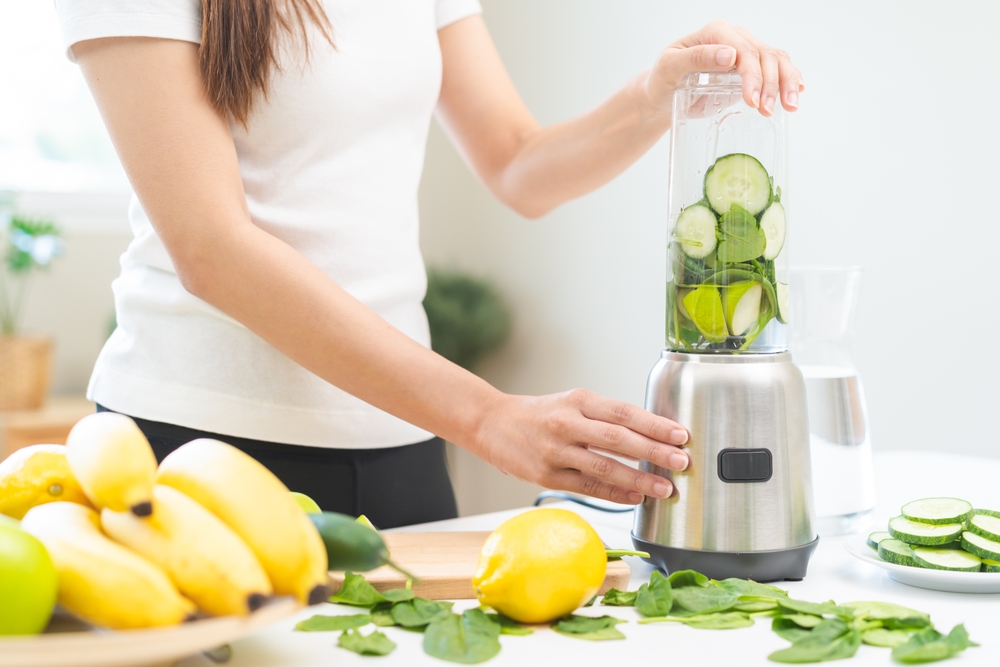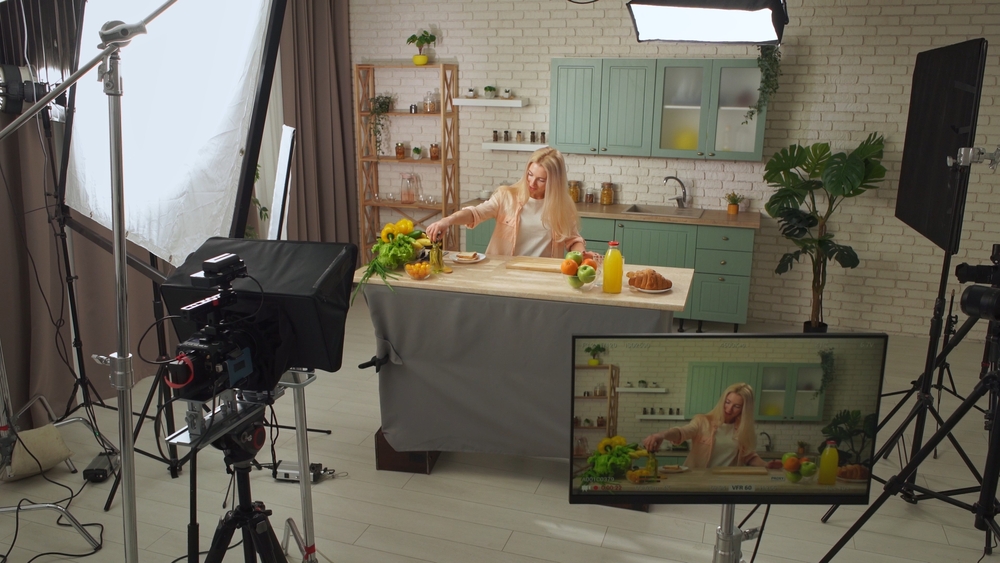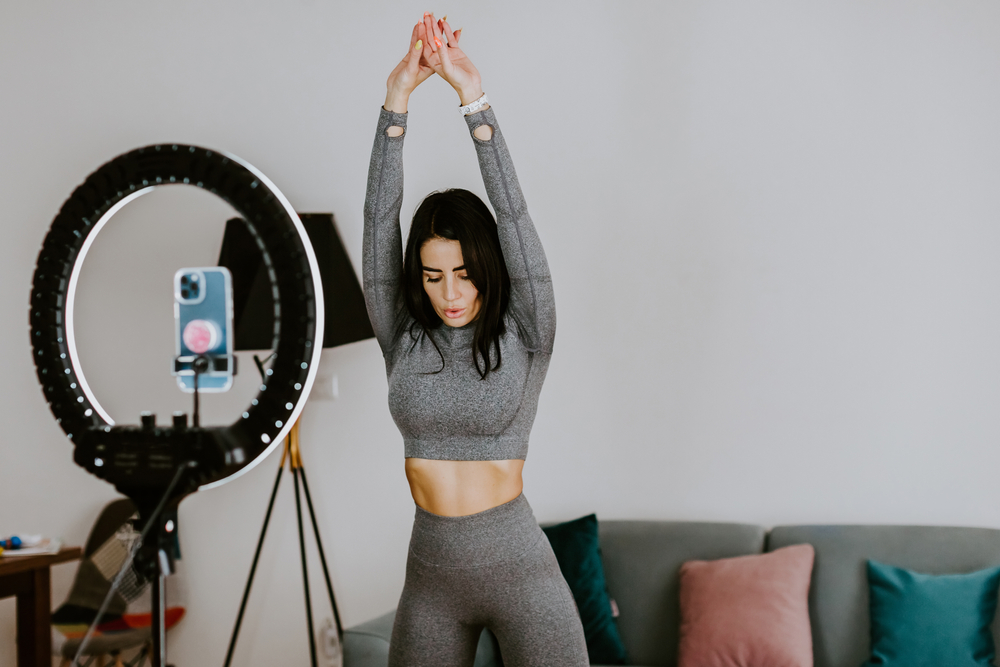What’s trending isn’t always what’s healthy—here’s what nutrition experts want you to know.
Others are reading now
In a world where health advice is just a swipe away, social media influencers hold immense power over how we eat and think about food. But behind the viral trends and aesthetic meal posts, many nutritionists are sounding the alarm. Here’s what they wish influencers would stop doing—for everyone’s sake.
Promoting Detox Teas and Juice Cleanses

Myth: Detox teas and cleanses flush out toxins and help with weight loss.
Reality: The liver and kidneys detox the body naturally. Extreme cleanses often lead to dehydration and nutrient deficiencies.
Insight: Nutritionists recommend focusing on a balanced, whole-foods diet instead of relying on unproven “quick fixes.”
Demonizing Carbohydrates

Myth: Carbs cause weight gain and should be avoided.
Reality: Complex carbs like whole grains, fruits, and legumes are crucial for energy and overall health.
Insight: Health professionals suggest embracing a variety of nutrient-dense carbs rather than cutting them out entirely.
Promoting “What I Eat in a Day” Videos as Templates

Myth: These videos offer healthy meal inspiration.
Reality: They often promote unrealistic or restrictive eating habits.
Insight: Dietitians emphasize that nutrition is highly individual and discourage using these videos as blueprints.
Also read
Labeling Foods as “Good” or “Bad”

Myth: Some foods are morally better than others.
Reality: This fosters guilt and shame around eating, which can trigger disordered behaviors.
Insight: Experts advise using neutral language around food to support a healthier and more sustainable relationship with eating.
Endorsing Supplements Without Scientific Backing

Myth: All supplements are safe and necessary for health.
Reality: Many promoted products lack regulation or evidence, and can be harmful if misused.
Insight: Nutritionists recommend consulting a qualified healthcare provider before starting any supplement regimen.
Equating Thinness with Health

Myth: Being thin is a sign of fitness and wellness.
Reality: Health comes in many shapes and sizes. Thinness isn’t a universal indicator of well-being.
Insight: Professionals encourage a focus on overall health behaviors rather than body size alone.
Sharing Anecdotal “Cures” for Chronic Conditions

Myth: Personal experiences with diet can be universally applied.
Reality: Anecdotes aren’t data. Chronic illnesses require professional management.
Insight: It’s best to seek personalized advice from licensed healthcare providers when managing long-term conditions.
Pushing Unrealistic Body Standards

Myth: Fitness influencers represent achievable and healthy goals.
Reality: Many use filters, lighting, or even surgery to maintain their image.
Insight: Nutritionists suggest practicing media literacy and recognizing that online appearances are often curated and not reflective of reality.
Spreading Fear Around Processed Foods

Myth: All processed foods are unhealthy and should be avoided.
Reality: Many processed items (like frozen veggies, canned beans, whole grain breads) are healthy and convenient.
Insight: Experts recommend distinguishing between minimally processed nutritious options and ultra-processed foods high in sugar, salt, and unhealthy fats.
Selling Meal Plans Without Credentials

Myth: Influencers can offer meal plans as long as they’re “healthy.”
Reality: Only registered dietitians are legally allowed to prescribe personalized diets in many places.
Insight: Following unqualified advice may neglect personal medical needs—nutrition professionals advise turning to licensed experts for tailored plans.


